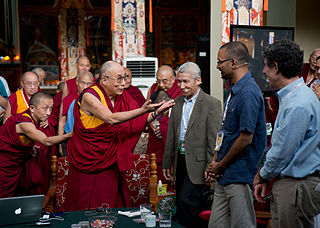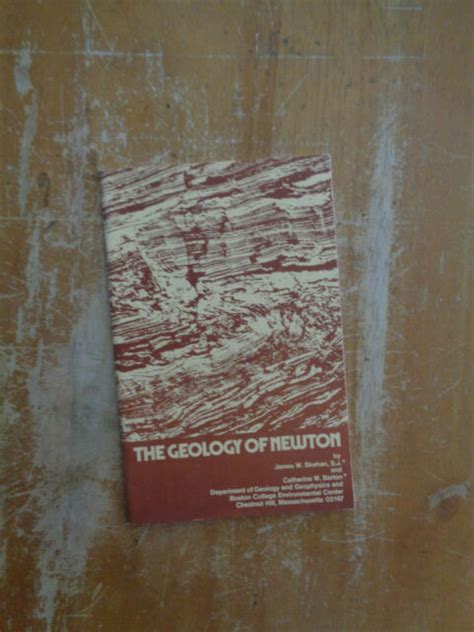A Quote by Vannevar Bush
Basic scientific research is scientific capital.
Quote Topics
Related Quotes
The technological overflow from scientific research has brought scientific research this bad name about carrying an irresponsibility and an alienation from God - because scientific research has led to things like the atom bomb, it's led to problems with depletion of ozone in the Earth's atmosphere, or at least it's revealed those problems.
The great scientific achievements are research programmes which can be evaluated in terms of progressive and degenerative problemshifts; and scientific revolutions consist of one research programme superceding (overtaking in progress) another. This methodology offers a new rational reconstruction of science.
The responsibility for the creation of new scientific knowledge - and for most of its application - rests on that small body of men and women who understand the fundamental laws of nature and are skilled in the techniques of scientific research. We shall have rapid or slow advance on any scientific frontier depending on the number of highly qualified and trained scientists exploring it.
The new advocates of ID [Intelligent Design] ask that their ideas be judged by scientific, not religious, criteria. OK, let's see how well ID stacks up as a scientific alternative to Darwinism. To gauge how well ID is doing as a platform for scientific research, I logged into the best database of the biological literature. A search for keyword ''evolution'' yielded 24,000 hits in the last decade. A search for ''intelligent design'' yielded not a single piece of research. Evolution by natural selection remains the basis of every successful biological research program.
The basic question that the 'new science' raises for our balance sheet is the issue of what scientific questions have not been asked for 500 years, which scientific risks have not been pursued. It raises the question of who has decided what scientific risks were worth taking, and what have been the consequences in terms of the power structures of the world.




































